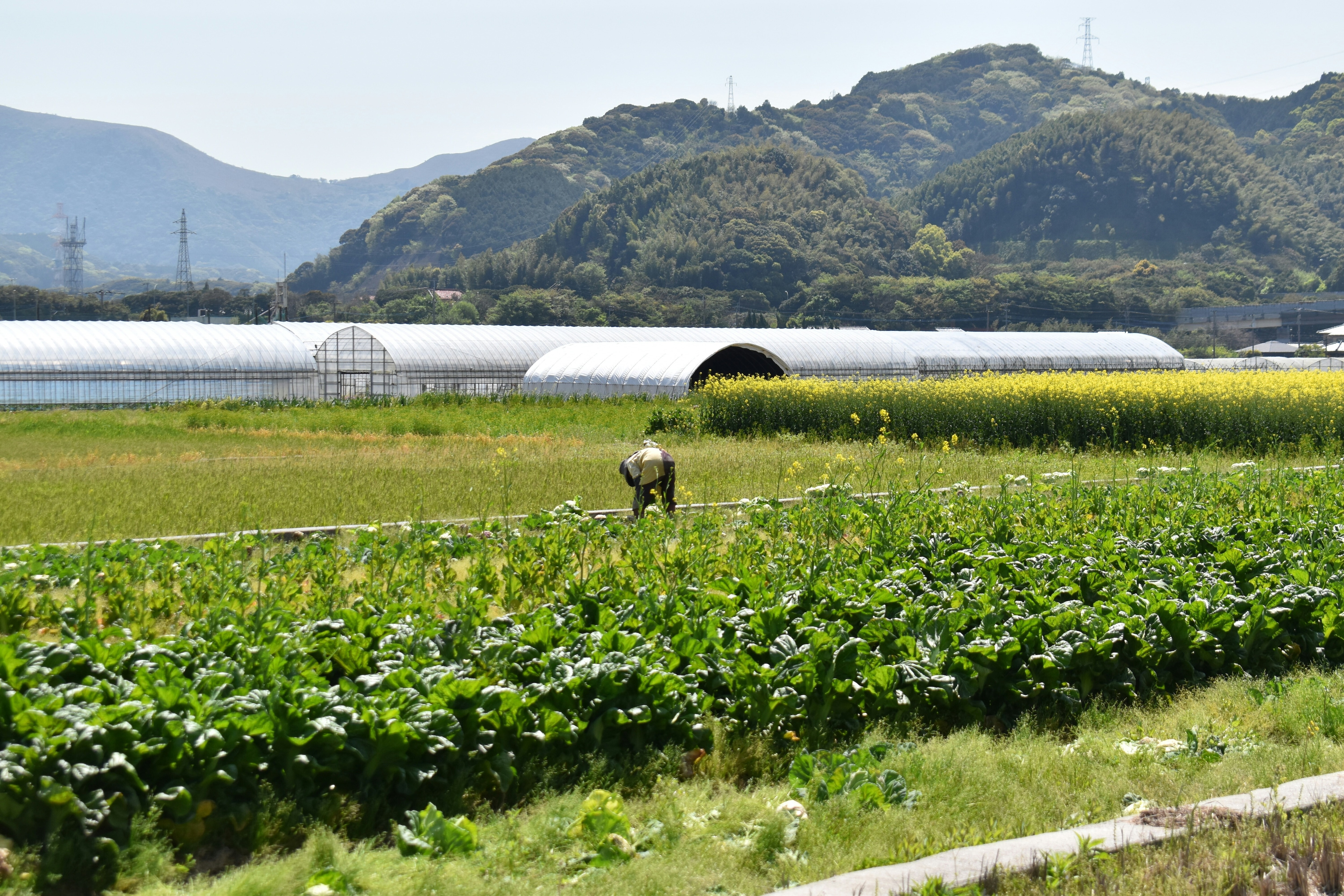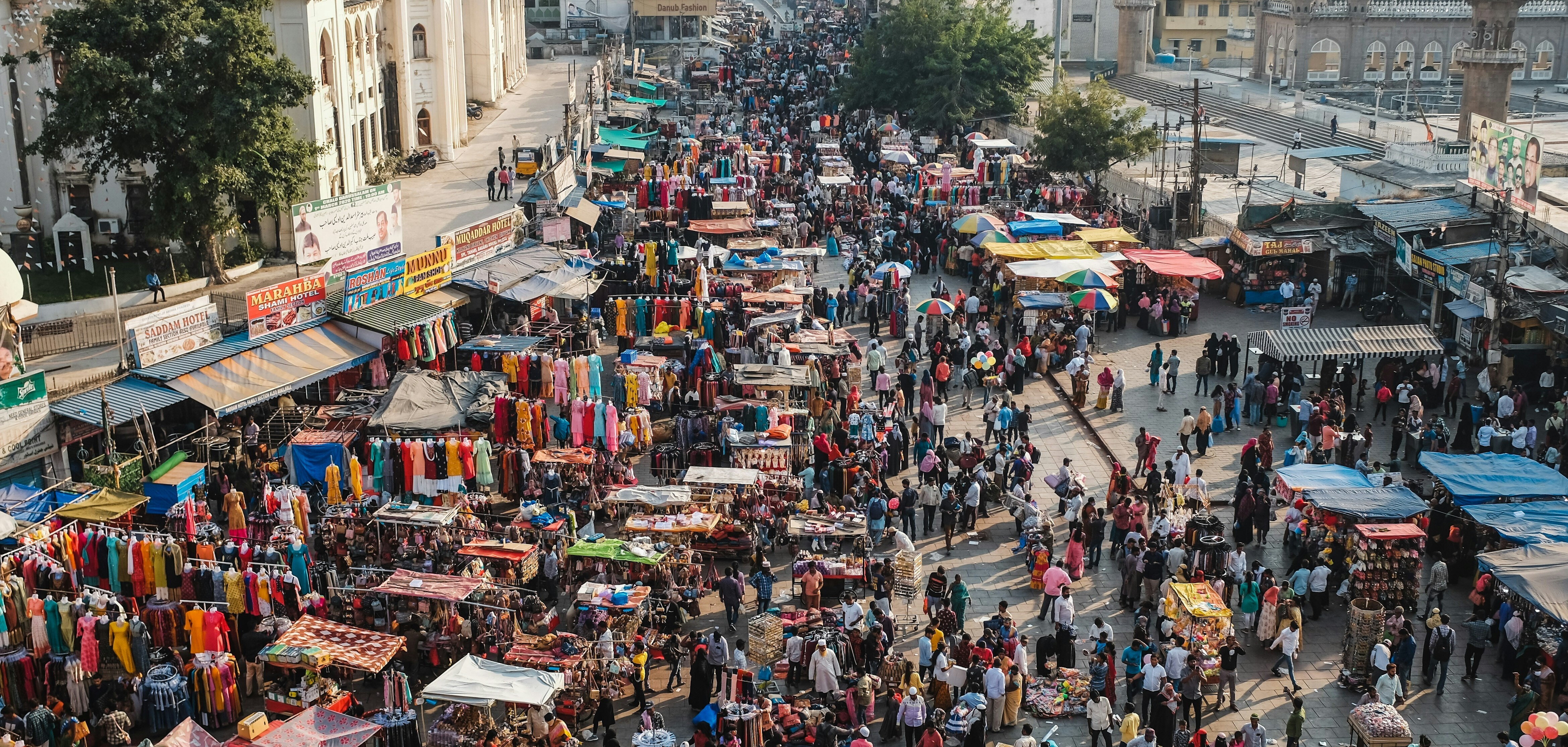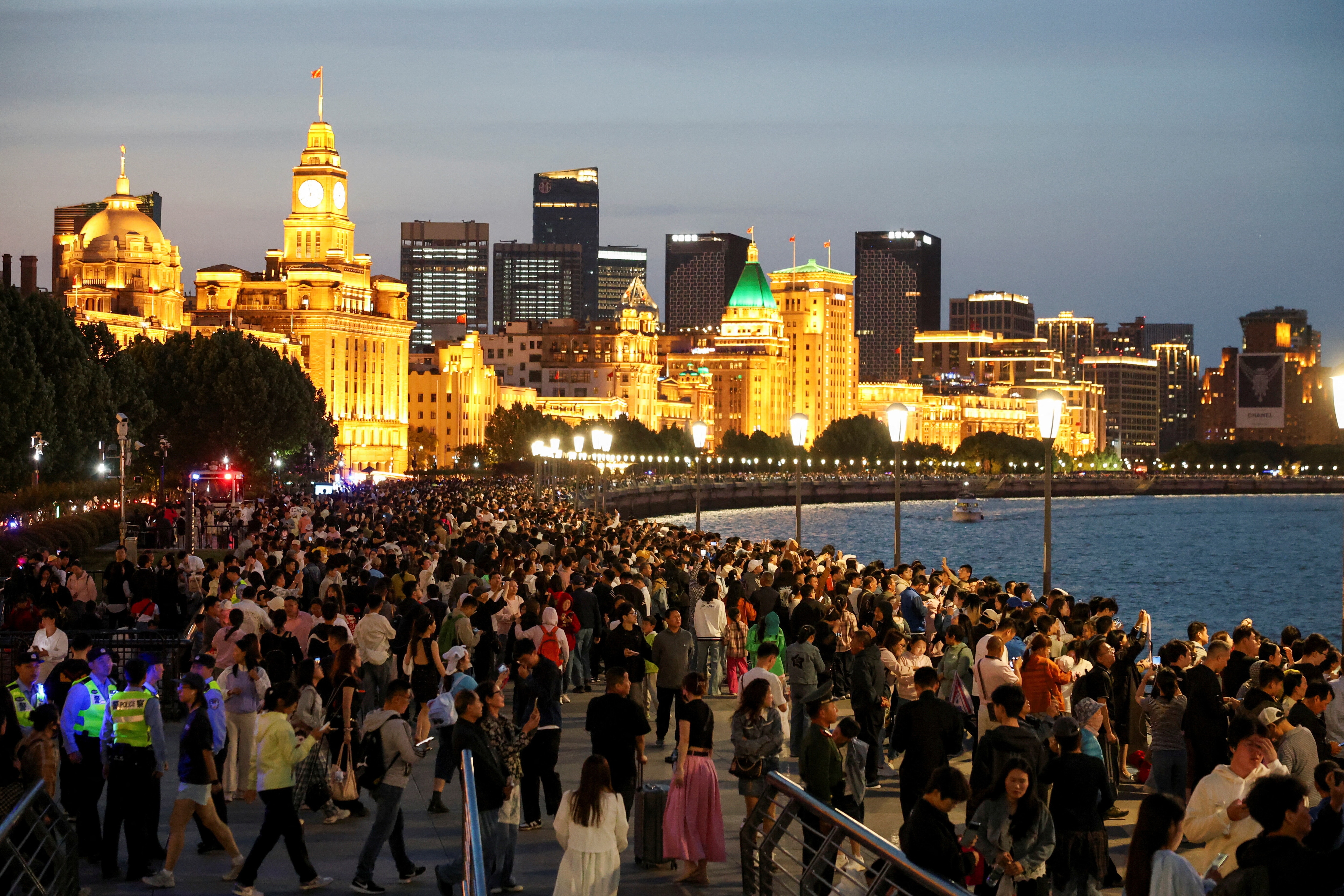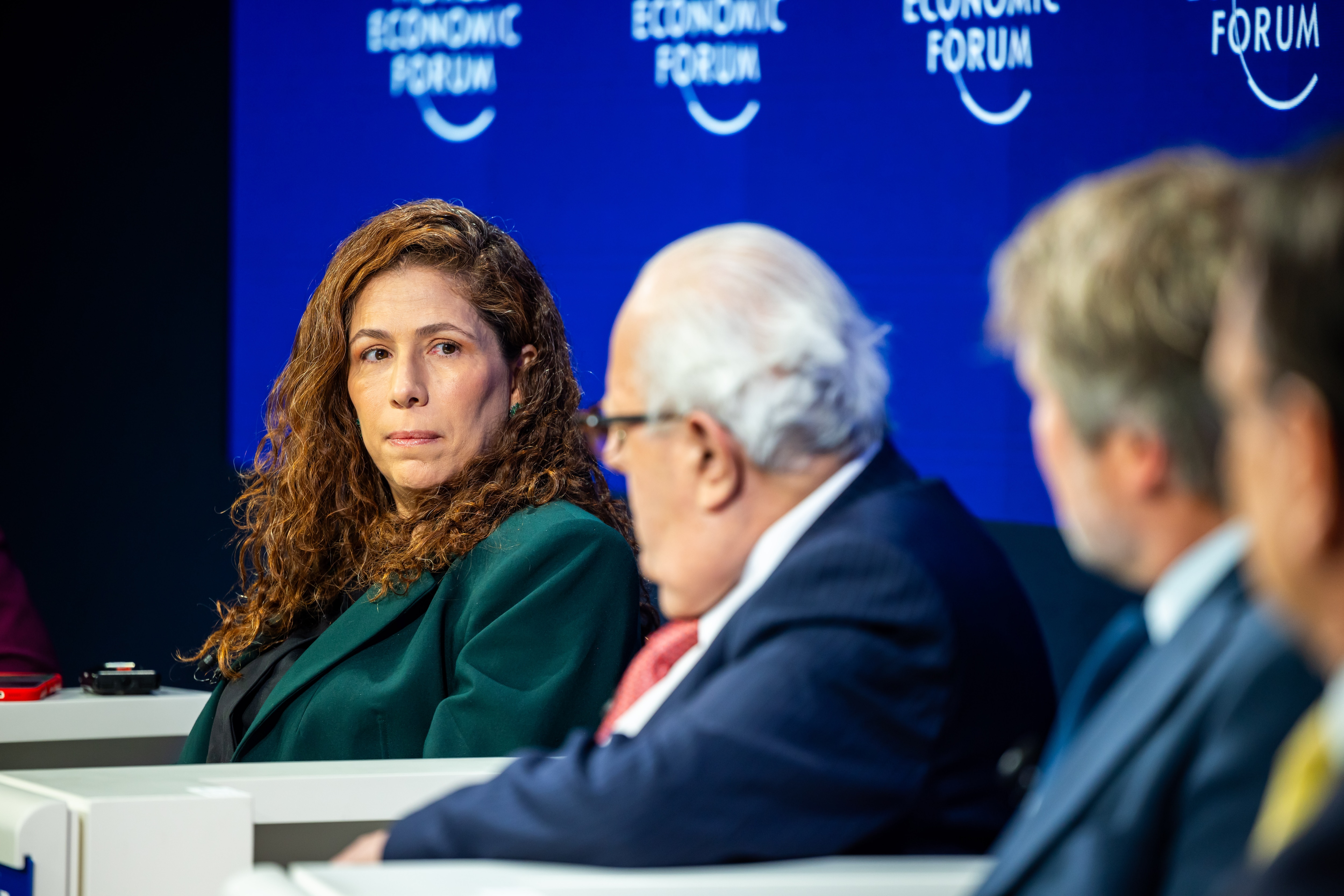Brussels manhunt, US-Argentina relations and a history of awkward greetings

Image: Flowers adorn the Manneken-Pis statue following Tuesday's bomb attacks in Brussels, Belgium, March 23, 2016. REUTERS/Vincent Kessler
Belgian authorities launched a manhunt for a suspected Isis bomber involved in the attacks in Brussels that killed at least 30 people and injured hundreds of others at Zaventem airport and at the Maalbeek metro station in the heart of the EU district.
Witnesses described scenes of carnage as fear and acrid smoke descended on the city. Here’s how the day unfolded.
Sam Jones writes about how the attack — coming just four days after the arrest of Salah Abdeslam, the Moroccan-born target of Europe’s largest manhunt for his alleged role in the November attacks in Paris — highlights the dangers of jihadi retaliation. (FT)
In the news
Obama vows to bury the cold war President Barack Obama said his historic trip to Havana would “bury the last remnant of the cold war in the Americas” and called on the young people of Cuba to “build something new”. In a televised address, Mr Obama told Cuban leader Raúl Castro that he “need not fear the different voices of the Cuban people”. (FT)
Rob Ford dies at 46 The colourful former Toronto mayor, who made international headlines for his drug-addled fall from grace, had been fighting cancer since 2014. (FT)
Saudi Arabia will freeze oil without Iran The kingdom is prepared to join an output freeze next month without Tehran taking part, making a deal among big producers more likely. (FT)
Scientists warn on global warming Permitting global temperatures to rise 2C could lead to killer storms, the disintegration of polar ice sheets and a rise of the sea sufficient to begin submerging the world’s coastal cities before the end of this century, scientists say. (NYT)
FBI dispute with Apple The agency says it may have found a way to unlock the San Bernardino attacker's iPhone without Apple’s assistance. A court hearing with Apple scheduled for Tuesday has been postponed at the request of the US justice department, Apple has confirmed. (FT)
Beckenbauer investigated German football great Franz Beckenbauer is one of six men being investigated by Fifa for their part in the country’s 2006 World Cup bid. (BBC)
It's a big day for
US-Argentina relations President Barack Obama makes a state visit to the Latin American country, where he has found a new friend in President Mauricio Macri. (FT)
Food for thought
China’s struggle for a new normal Beijing seems strangely indecisive on the economy, and yet increasingly authoritarian in politics, writes Martin Wolf. “It is hard, though, to believe that an innovative and outward-looking China can be contained indefinitely within the straitjacket of an all-powerful party state. Its political institutions must surely move beyond the ‘democratic centralism’ invented by Vladimir Lenin a century ago.” (FT)
The Concordes that never flew It was one of the most ambitious aircraft design projects in history, so what happened to the US plan to master supersonic passenger flight? (BBC)
Brazilian judiciary faces historic test As Brazil’s sweeping corruption investigation reaches the top levels of government, threatening to divide the country down traditional class and racial lines, the rule of law will be put to the test like never before. (FT)
A history of awkward greetings The disastrous handshake between Barack Obama and Raúl Castro at the end of their historic Cuba meeting has been hailed as the most awkward in history. But it is just the latest in a long line of amusing instances where world leaders fumbled the cultural cues. (The Guardian)
China’s alarming ‘water diplomacy’ With countries along the Mekong river in Southeast Asia struggling with drought, China has announced plans to release water from its upstream Jinghong dam. Despite being intended as a gesture of goodwill, the move “portends future geopolitical tensions between China and its southern Mekong neighbours”, writes Thitinan Pongsudhirak. (NAR)
Video of the day
Brussels attack raises hard questions The terrorist attack in Brussels was a co-ordinated strike in a city that has experienced one of the biggest pan-European anti-terror operations ever mounted. The FT’s Alex Barker says that on an intelligence level alone the attack raises disturbing questions. (FT)
Don't miss any update on this topic
Create a free account and access your personalized content collection with our latest publications and analyses.
License and Republishing
World Economic Forum articles may be republished in accordance with the Creative Commons Attribution-NonCommercial-NoDerivatives 4.0 International Public License, and in accordance with our Terms of Use.
The views expressed in this article are those of the author alone and not the World Economic Forum.
Stay up to date:
United States
Related topics:
Forum Stories newsletter
Bringing you weekly curated insights and analysis on the global issues that matter.
More on Geographies in DepthSee all
Naoko Tochibayashi
February 17, 2026






